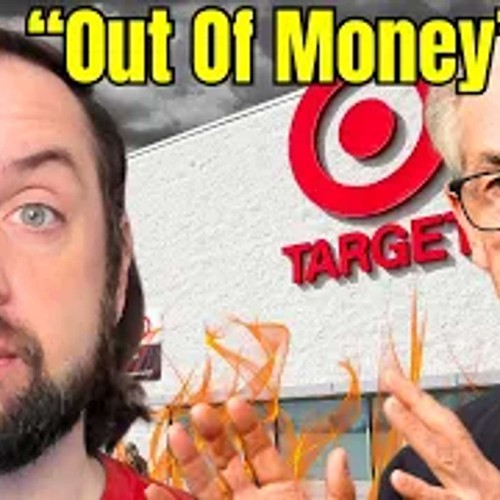
 Eurodollar University
Eurodollar University Consumers are Now Terrified About the Economy
Nov 11, 2024
Steve Van Metre, an expert in economics, dives deep into the current consumer psyche and its implications for the economy. He highlights how credit card use reflects confidence in job security and income stability. As anxieties rise, more consumers are retreating into debt repayment rather than spending. Van Metre also discusses the Federal Reserve's struggle to boost confidence amid labor market fluctuations and stagnant incomes, suggesting that a true economic recovery hinges on renewed consumer spending.
Chapters
Transcript
Episode notes
